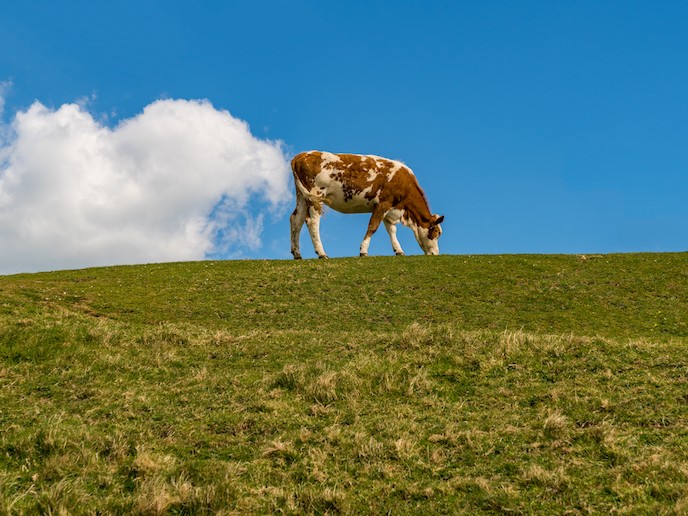Low fertility in dairy cows
Modern dairy cows may have high milk yields, but fertility and calving performance have suffered due to intensive genetic selection. The sustainability of dairy cattle farming relies on the ability of cows to continue producing offspring while coping with environmental constraints. The EU-funded PROLIFIC (Pluridisciplinary study for a robust and sustainable improvement of fertility in cows) initiative set out to provide farmers with improved tools to monitor and manage cow reproduction on the farm. Researchers worked to develop models to support on-farm decision-making regarding animal fertility, herd management and socioeconomic impact for the farmer. Scientists studied the genes and pathways that govern how cows adapt to different environmental conditions and remain productive in low-input feeding systems. The researchers estimated genomic breeding values in individual cows and studied the adaptive strategies to different feeding and management approaches. PROLIFIC set out to pinpoint biological indicators of good or bad fertility in a cow’s reproductive tissue. Such biological markers are potential diagnostic tools for metabolic diseases associated with infertility or useful for defining preventative measures. Project researchers studied 8 000 lactation records from cows with known progesterone phenotypes and performed genome-wide association studies to find important fertility traits. They generated genetic data on fertility in cows with different genetic backgrounds and feeding schemes. The team identified the effects of different body score conditions on cows and used them as indicators of reproductive performance. PROLIFIC also developed a mathematical model that shows the hormonal patterns in non-pregnant cows. From this model, the team found clues on how different parameters can be related to low reproduction, but the biological processes underlying these parameters are poorly known. These results will pave the way for complementary genetic studies and help generate new markers for genomic selection of productive and fertile cows. This new knowledge will also provide fresh insights into why some individual animals are more sensitive than others to metabolic diseases and imbalances.







